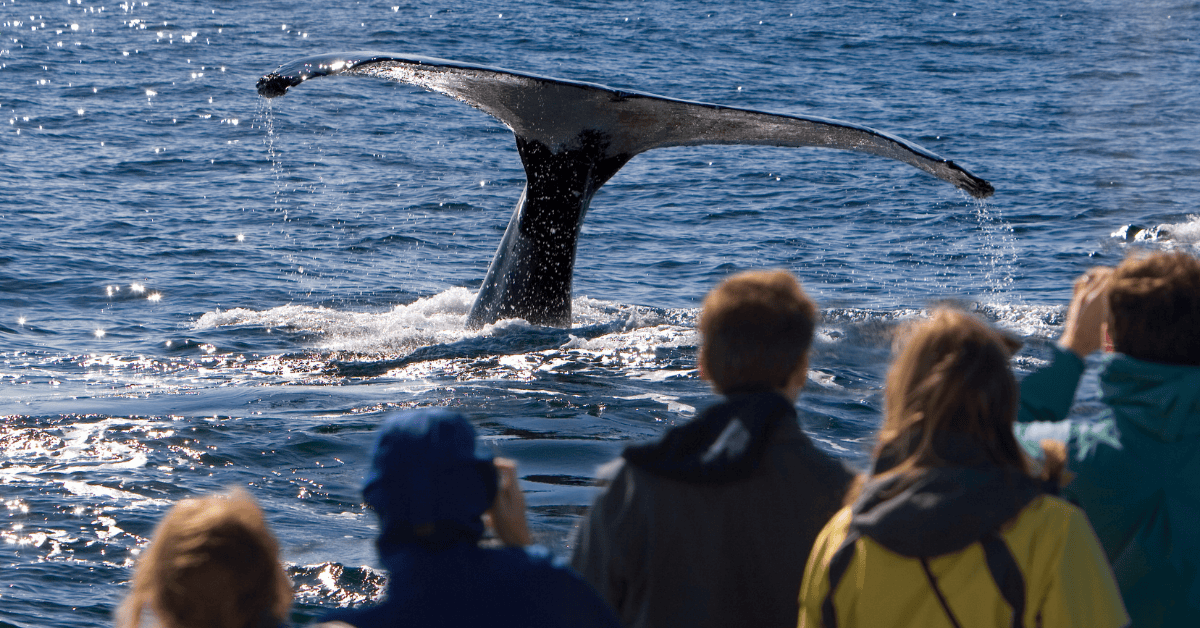Marine tourism is a new frontier of late-capitalist transformation, generating more global revenue than aquaculture and fisheries combined. This transformation created whale-watching, a commercial tourism form that, despite recent critiques, has historically been accepted as a benign, non-consumptive activity.
This paper uses four academic discourses to critique whale-watching: (1) commercial whale-watching and global capitalist transformation, (2) the established belief that whale-watching is non-consumptive, (3) the inherent contradictions of non-consumptive capitalist exploitation, and (4) whale-watching as a common-pool resource.
These discourses lead us to critique whale-watching practices in relation to the common capitalist sequence of resource diversification, exploitation and depletion. To advance this critique I collaborated with marine scientists – Lars Bejder, Simon Allen, Peter Corkeron and David Lusseau – with draw on their world-leading expertise on the impacts of tourism on wild marine mammal populations
Using specific impact studies, we conclude that a sustainability paradigm shift is required, whereby whale-watching (and other forms of wildlife tourism) is recognized as a form of non-lethal consumptive exploitation, understood in terms of sub-lethal anthropogenic stress and energetic impacts. We argue the need for a paradigm shift in the regulation and management of commercial whale-watching, and present the case for a unified, international framework for managing the negative externalities of whale-watching.
By questioning the long-established assumption that whale watching is non-consumptive we can begin to respond to impacts studies and collaborate with whale watch operators who wish to ensure the welfare of marine wildlife populations.
The relevance of the issues raised in this paper extends beyond whale-watching to all forms of wildlife and nature-based tourism.
Higham, J.E.S., Bejder, L., Allen, S., Corkeron, P. & Lusseau, D. (2015). Managing whale-watching as a non-lethal consumptive activity. Journal of Sustainable Tourism 24(1): 73-90. http://dx.doi.org/10.1080/09669582.2015.1062020








